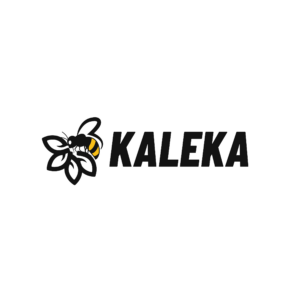This impact story is part of a collection of narratives that bring to life some of the complex challenges Forest Positive Coalition members are facing on our forest positive journey and our lessons learned. We’re committed to creating a culture of transparency and accountability, and these stories are just a glimpse of our ongoing efforts. We invite you to delve deeper into our 2023 Annual Report for more insights on this Coalition’s activities and progress, “Perspectives on Progress: Challenges and Insights on the Way to Forest Positive”.
Member/implementing partners:
-
Unilever
-
Kaleka
Cross-industry investment on targeted transformation projects that focus on improving sustainable practices through incentives is a key unlock to support smallholder farmers. The Forest Positive Coalition’s production landscapes portfolio comprises 16 palm oil initiatives, all of which support smallholders. The Mosaik initiative in Indonesia provides just one example of how coalition members have been able to support smallholders as well as indigenous people & local communities (IPLC).
The Mosaik initiative supports IPLC in adopting regenerative agriculture practices, protecting remaining forests, restoring degraded lands and sustainable practices such as farmer certification via financial and technical incentives. To date the initiative has committed around 80kHA to conservation through High Conservation Value monitoring in collaboration with the local government, companies and villages. The initiative has also supported around 4,500 smallholders with RSPO certification training and 30 villages to commit to RSPO certification. District governments have developed working groups and regulations to support jurisdiction certification in Kalimantan.
The landscape is progressing well to ensure an additional 350kHA is protected and conserved, 450kHA of forests are restored and 742kHA is sustainably managed by 2030. Following the success of this landscape in two Kalimantan districts (Seruyan and Kotawaringin Barat), the project is expanding into two neighbouring districts.
“Since 2020, the Coalition has provided help in sharing lessons among landscapes to increase understanding of how the jurisdictional approach has been applied to promote collective multi stakeholder action to remove deforestation, forest degradation and conversion from key commodity supply chains. The Coalition has also strengthened the network between the landscape projects and CGF members, where potential collaboration might be developed in the future.” – Kaleka


